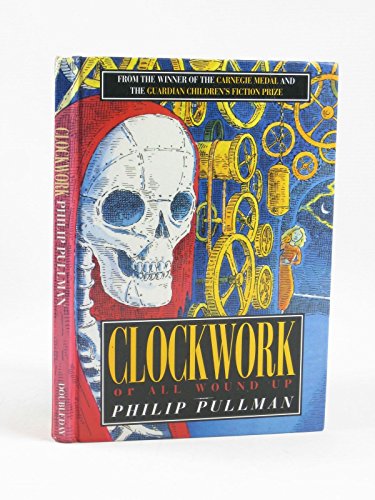
Lewis, Marek Oziewicz and Daniel Hade point out that Pullman subverts Lewis's redemption story in which death is overcome.

However, in their Mythlore article exploring Pullman's self-positioning versus C.S. Lewis, particularly the "Great Dance" passages where "Dust" is described as "at the centre" and "whereof allworlds, and the bodies that are not worlds, are made". In Fantasy, Myth and the Measure of Truth, folklore and fantasy scholar William Gray has noted similarities between Pullman's descriptions of Dust to Perelandra by C. The first angels condensed out of Dust and the Authority was the first of all." Other analogs It seeks to know more about itself, and Dust is formed. "'Dust is only a name for what happens when matter begins to understand itself. According to Oram, the Dust is the full embodiment of matter, "because in matter Dust becomes conscious." Oram compares the following passage from The Amber Spyglass, in which the angel Balthamos explains the origin of Dust, to Satan's account of his coming to consciousness in Book V of Paradise Lost: For Pullman, he says, the ethical opposite is the "void", which is "evil". Oram argues that Pullman follows Milton in presenting "matter" as inherently good. Analogs Paradise Lost Īnne-Marie Bird links Pullman's concept of "Dust" to "a conventional metaphor for human physicality inspired by God's judgment on humanity." Writing in Children's Literature in Education, she suggests that the first trilogy develops John Milton's metaphor of "dark materials" from Paradise Lost "into a ‘substance’ in which good and evil, and spirit and matter – conceptual opposites that form the basis of religious dualism – coexist." ĭust as "dark matter" is compared to the "dark materials" of John Milton's Paradise Lost. Pullman described Dust in an interview as "an analogy of consciousness, and consciousness is this extraordinary property we have as human beings".


In the multiverse in which these trilogies are set, Dust is attracted to consciousness, especially after puberty the Church within the series associates Dust with original sin and seeks its end. In Philip Pullman's His Dark Materials and The Book of Dust trilogies, Dust or Rusakov particles are particles associated with consciousness that are integral to the plot. In Northern Lights, Lord Asriel travels to the frozen North to investigate the mystery of Dust.


 0 kommentar(er)
0 kommentar(er)
